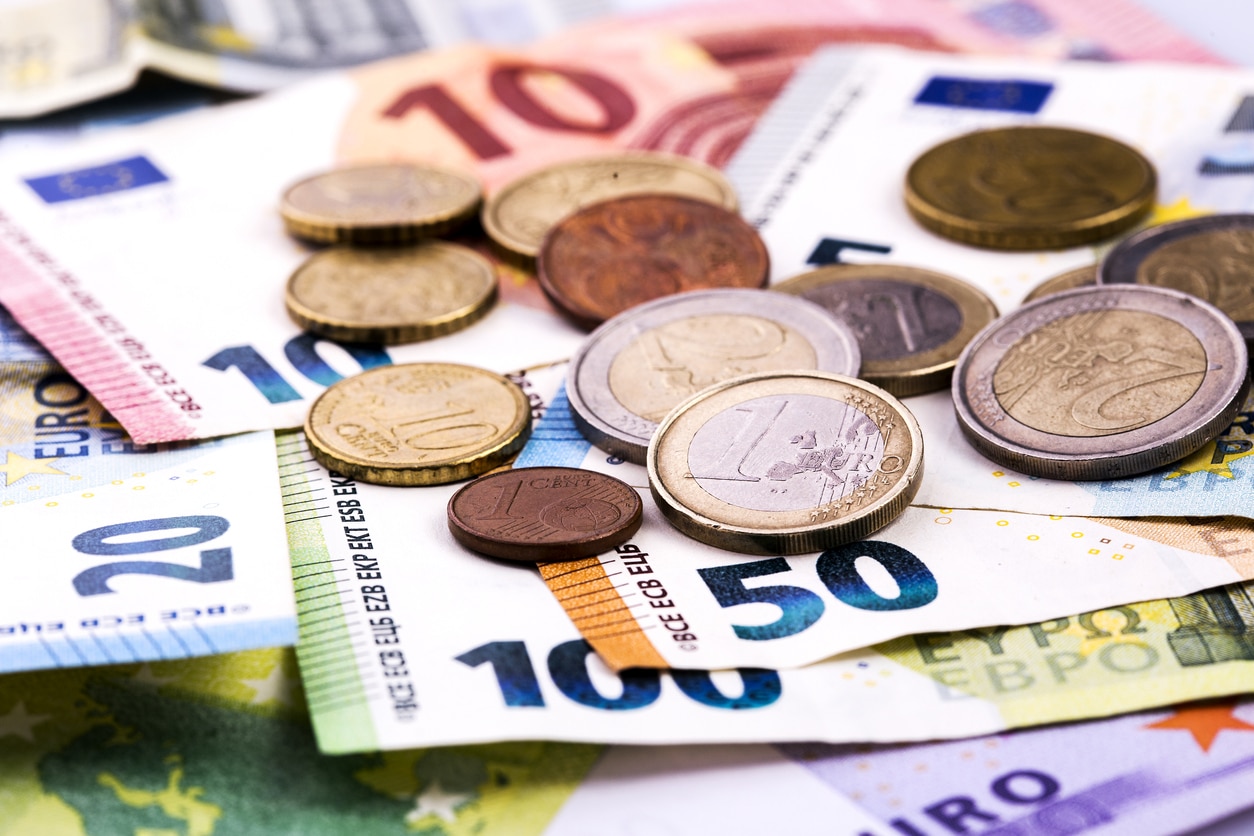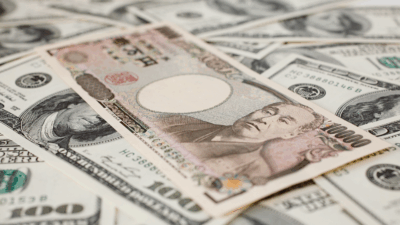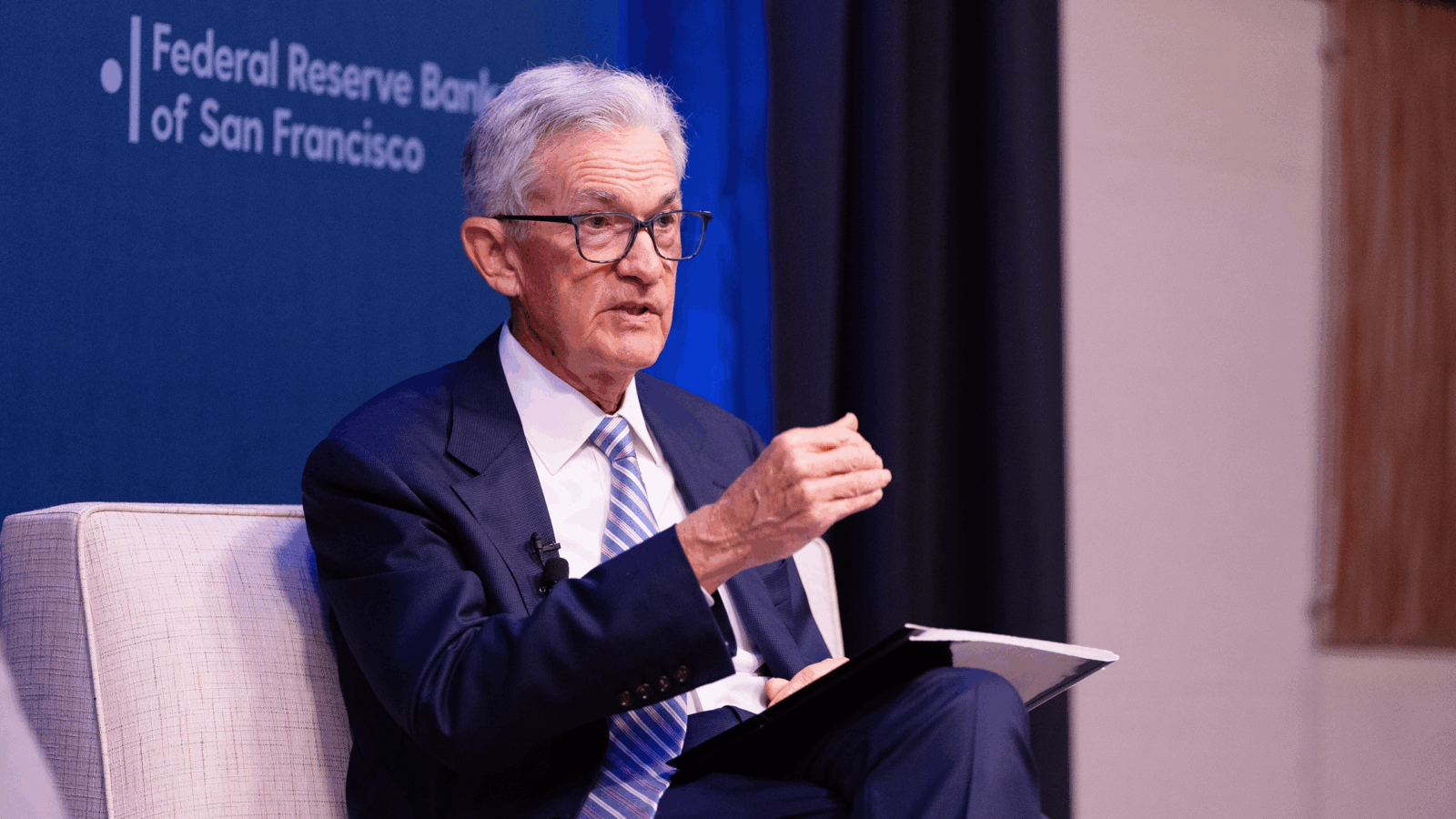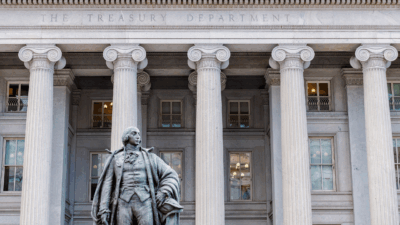
Sign up for smart news, insights, and analysis on the biggest financial stories of the day.
Here’s one way to turn a negative into a positive.
Some mortgage borrowers in Portugal are getting paid interest on their own loans. It’s a dream scenario set up by Europe’s protracted economic pain, where negative interest rates have turned lending on its head.
It Wasn’t Supposed to Be This Way
Paula Cristina Santos, who lives in Lisbon, has an interest rate of negative 0.25%. That means, last month Banco BPI — the bank which holds her 320,000 euro mortgage — paid her $45.
It wasn’t supposed to be this way. The European Central Bank inverted the basic rules of credit with negative interest rates in 2014 to encourage borrowing and spending, and was set to raise them back as economic conditions improved. But then the coronavirus pandemic happened.
- “When I took the mortgage, I never imagined this scenario, and neither did the bank,” Santos told The Wall Street Journal.
- Banco BPI has paid €1 million in interest on mortgage contracts to an undisclosed number of customers.
- About 12% of the mortgage contracts held by state-owned bank Caixa Geral de Depósitos currently carry negative rates — the number of such contracts rose 50% in 2020.
Sadly, there’s no golden parachute for those who haven’t gotten into the housing market yet. BPI started charging a much higher spread on new mortgages, to keep itself out of more negative rate traps.
Two Ways to Staunch the Bleeding: Spain faced a similar scenario, but passed a law banning rates below zero. Portugal went the other way, and passed a law saying banks had to pay up for negative EU rates.
In Denmark, banks have started charging customers for administration costs and deposits to circumvent the losses. More than 50% of 10 year or less loans with Nykredit, the country’s biggest mortgage lender, have a negative interest rate before fees.
the takeaway
Those with negative interest mortgages are likely in luck for a while. After last year’s record 6.8% fall in GDP, it will be a couple of years before economies return to pre-pandemic levels, meaning little incentive for regulators to impose any rate hikes.











